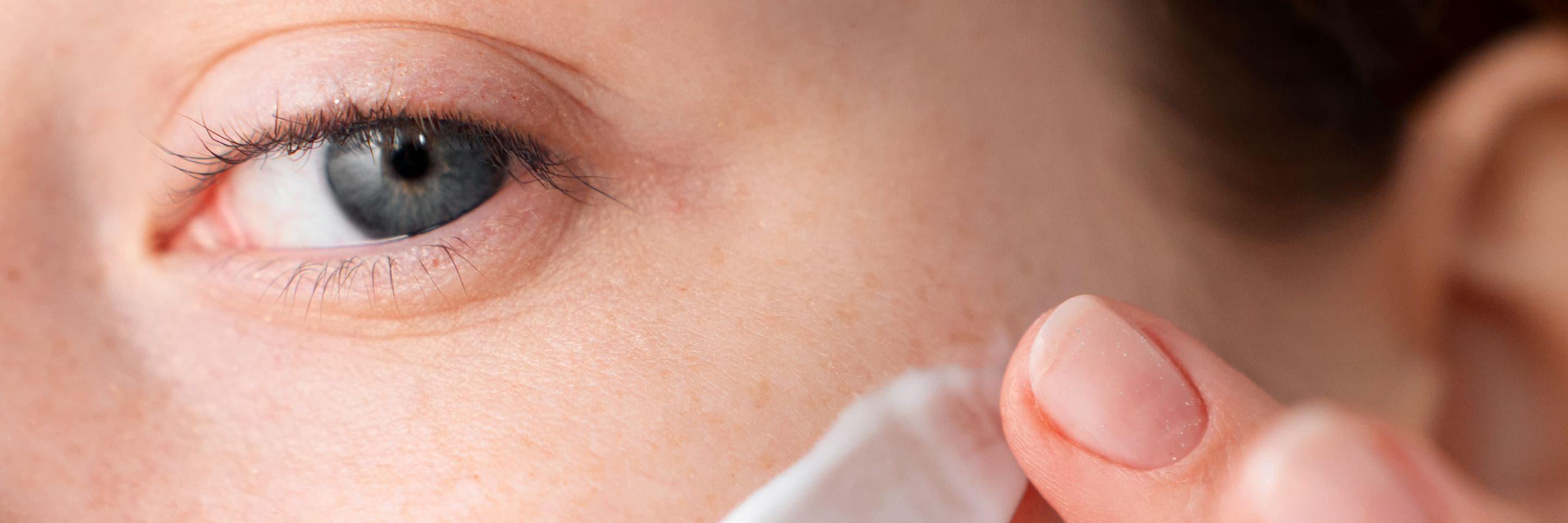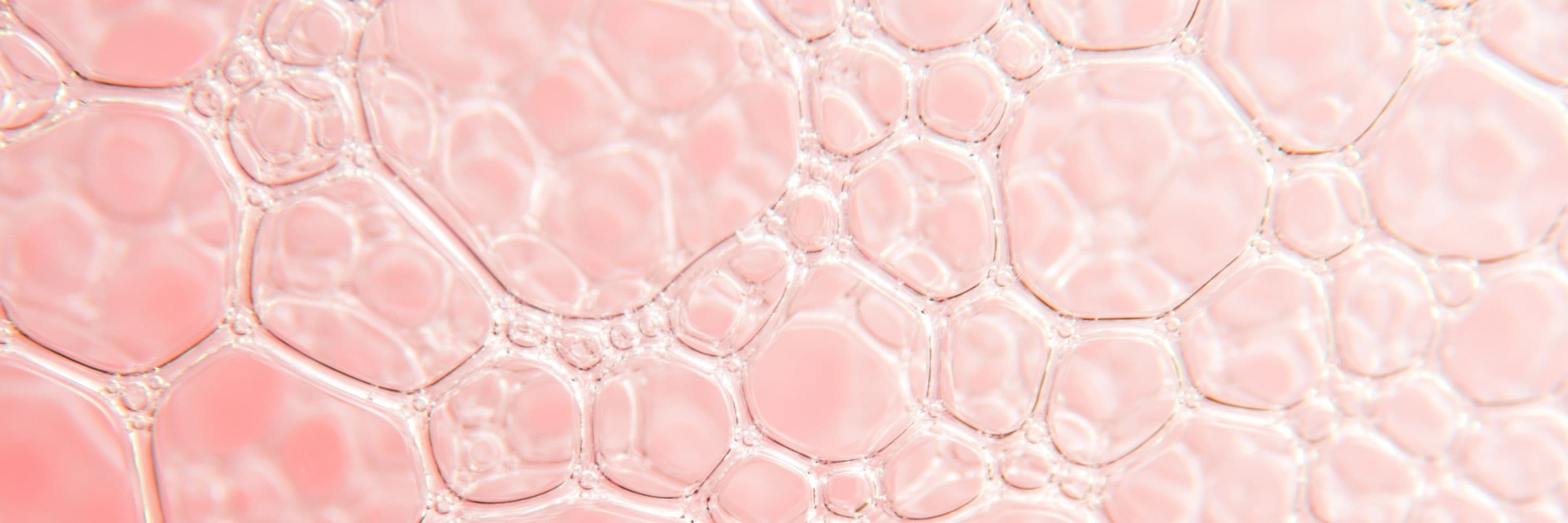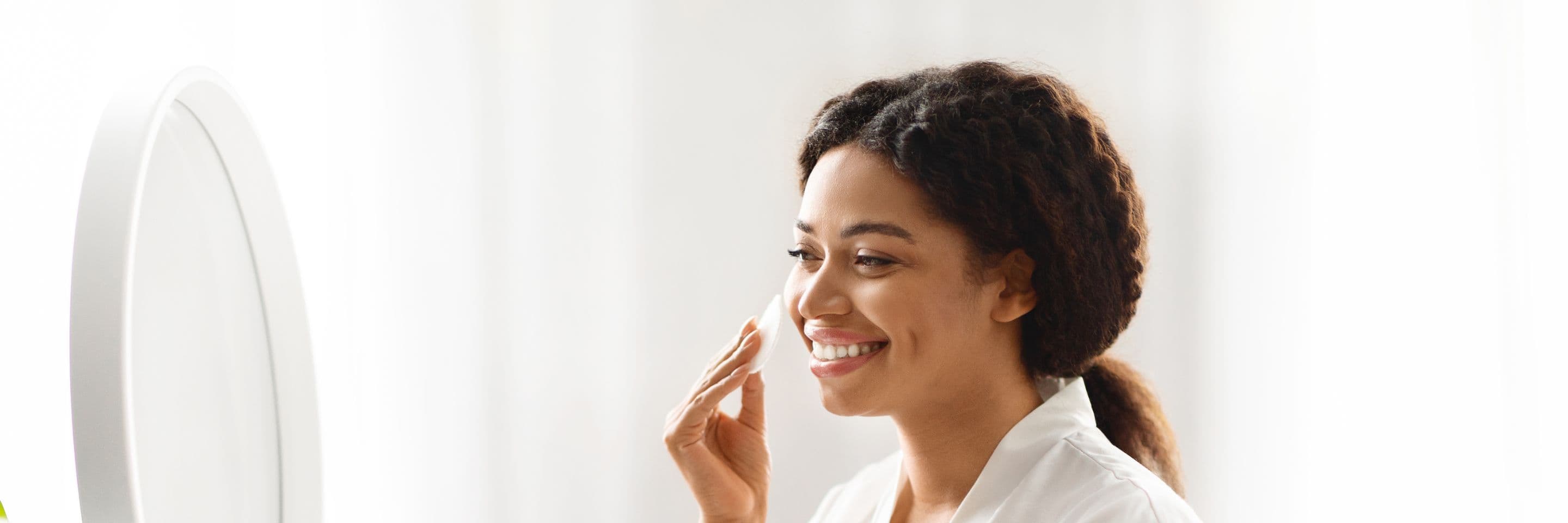Achieve Clear Skin: Your Acne Solution
SJ Riviera
September 06, 2024
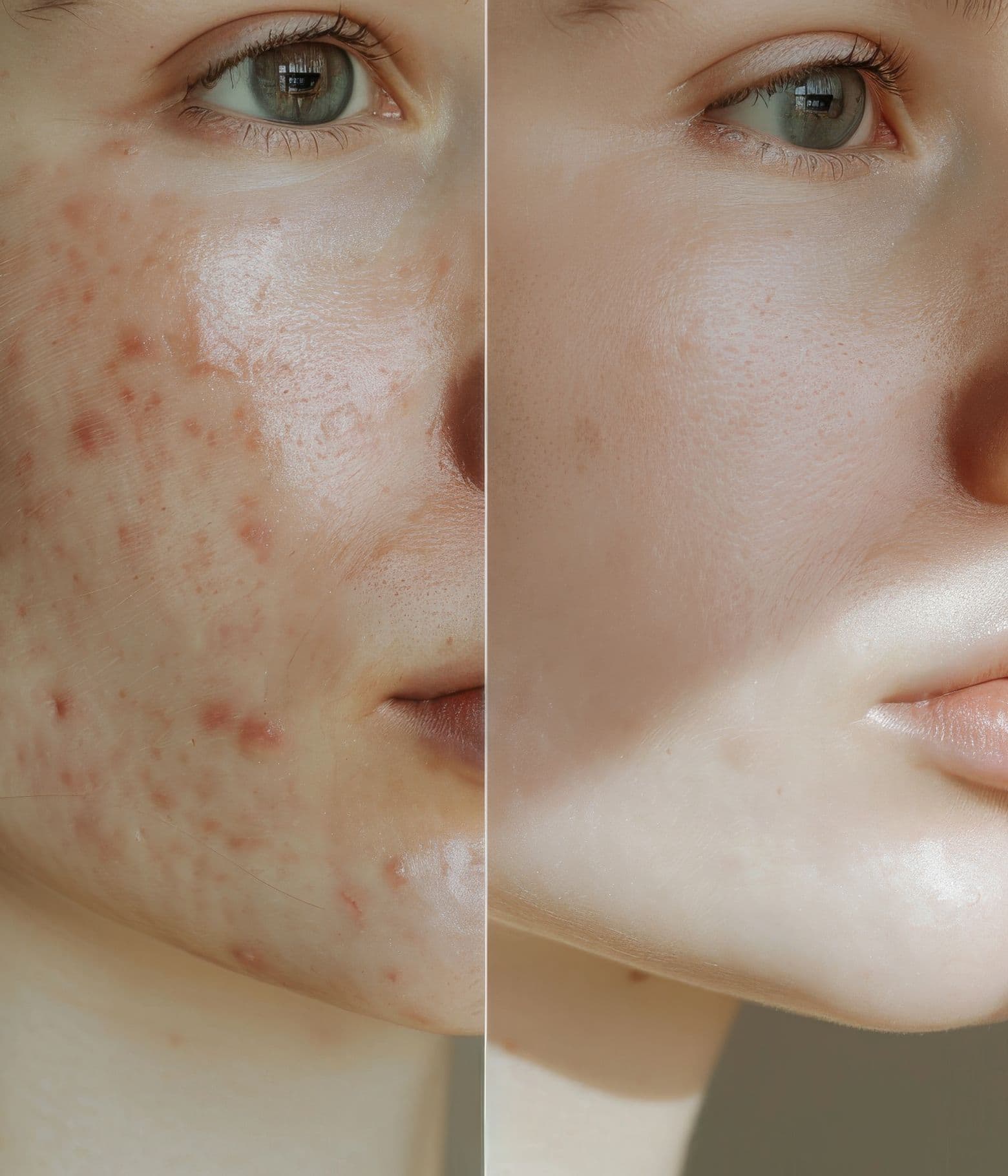
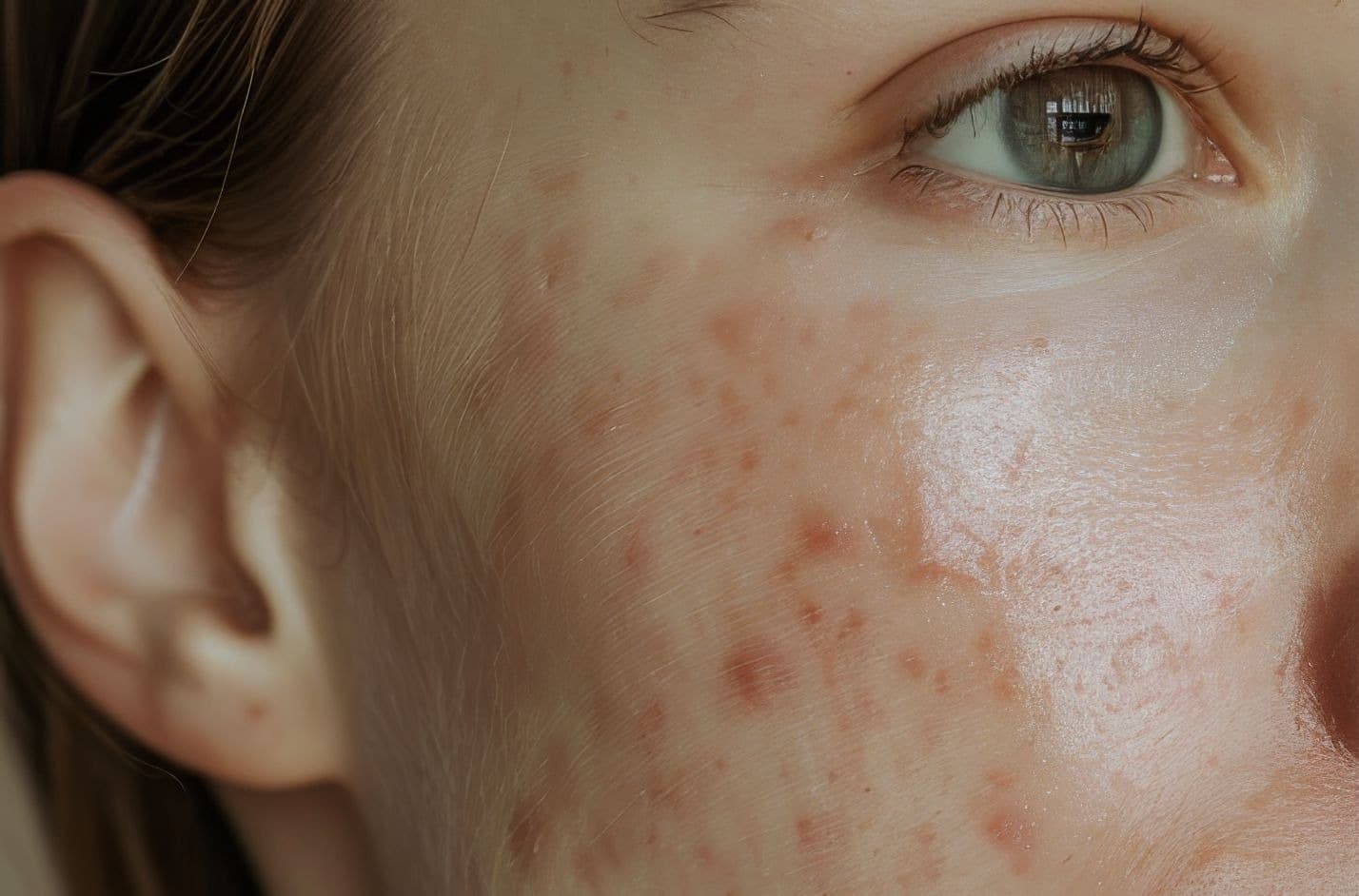
Acne is a common skin condition that affects people of all ages. While it can be frustrating, there are effective strategies to manage and improve acne. MyRevea understands the importance of finding effective solutions to manage acne and improve skin health. Here's a comprehensive guide to help you achieve clear, healthy skin:
Understanding Acne
Acne is a common skin condition that can manifest in various forms, including whiteheads, blackheads, pimples, and cysts. The severity of acne can range from mild to severe, and it can affect people of all ages. Several factors contribute to acne development, such as clogged pores, excess oil production, bacteria, hormonal changes, stress, and certain medications. Hormonal fluctuations, particularly during puberty, pregnancy, and menopause, can significantly impact acne. Additionally, genetics and family history play a role in determining an individual's susceptibility to acne. Here, we will delve deeper about the several types and causes of acne.
Types of Acne:
Acne can manifest in various forms, ranging from mild to severe. Here are some common types of acne:
Whiteheads: Small, flesh-colored bumps that are closed beneath the skin's surface.
Blackheads: Openings in the skin that appear dark due to trapped dirt and oil.
Pimples: Small, pus-filled bumps that can be painful or tender.
Papules and pustules: Larger, inflamed bumps that may contain pus.
Nodules and cysts: Deep, painful, and often infected bumps that can cause scarring.
Causes of Acne:
Acne is a complex skin condition caused by a combination of factors. Here are some of the primary causes:
Clogged pores: When pores become clogged with oil and dead skin cells, it can lead to acne.
Excess oil production: Overactive oil glands can produce more sebum than the skin can handle, contributing to acne.
Bacteria: Propionibacterium acnes, a type of bacteria that naturally lives on the skin, can thrive in clogged pores and contribute to inflammation.
Hormonal changes: Hormonal fluctuations, particularly during puberty, pregnancy, and menopause, can stimulate oil production and lead to acne.
Genetics: Acne can be hereditary, meaning it's more likely to occur in families with a history of the condition.
Certain medications: Some medications, such as corticosteroids and lithium, can increase the risk of acne.
Stress: Chronic stress can exacerbate acne symptoms.
Diet: While the exact link between diet and acne is debated, some studies suggest that a diet high in processed foods and sugary drinks may contribute to breakouts.
Effective Skincare Routine
A well-structured skincare routine can significantly improve acne symptoms and promote clear, healthy skin. Here are some essential steps to incorporate into your daily regimen:
Gentle Cleansing: Use a mild, non-comedogenic cleanser to remove dirt and oil without irritating your skin.
Exfoliation: Exfoliate gently once or twice a week to remove dead skin cells and prevent clogged pores.
Moisturizing: Even oily skin needs hydration. Choose a lightweight moisturizer. Our MyRevea Skin Restoring Moisturizer helps you protect your face against environmental pollutants while delivering essential hydration, comfort, and restoring your skin barrier.
Sunscreen: Protect your skin from the sun's harmful rays, which can worsen acne.
Avoid Irritants: Steer clear of harsh products, fragrances, and excessive touching of your face.
Lifestyle Changes
In addition to a proper skincare routine, certain lifestyle changes can also help manage acne and promote clear skin:
Diet: While there's no definitive link between diet and acne, some studies suggest that a diet low in processed foods and sugary drinks may help.
Stress Management: Stress can exacerbate acne. Practice relaxation techniques like meditation or yoga.
Adequate Sleep: Aim for 7-9 hours of quality sleep each night to support overall skin health.
Tips for Preventing Acne Outbreaks
Here are some practical tips to help prevent acne outbreaks:
Wash your hands frequently: This helps prevent the spread of bacteria to your face.
Avoid touching your face: Excess touching can transfer bacteria and oils to your skin.
Use clean pillowcases: Regularly wash your pillowcases to prevent bacteria buildup.
Be patient: Clearing up acne takes time. Don't get discouraged if you don't see immediate results.
It is important to consult with a dermatologist for a personalized skin assessment if you're struggling with acne. MyRevea offers a 1:1 skin assessment to help you understand and uncover the root cause of your skin concerns. With the right approach, you can achieve clear, healthy skin and boost your confidence.
